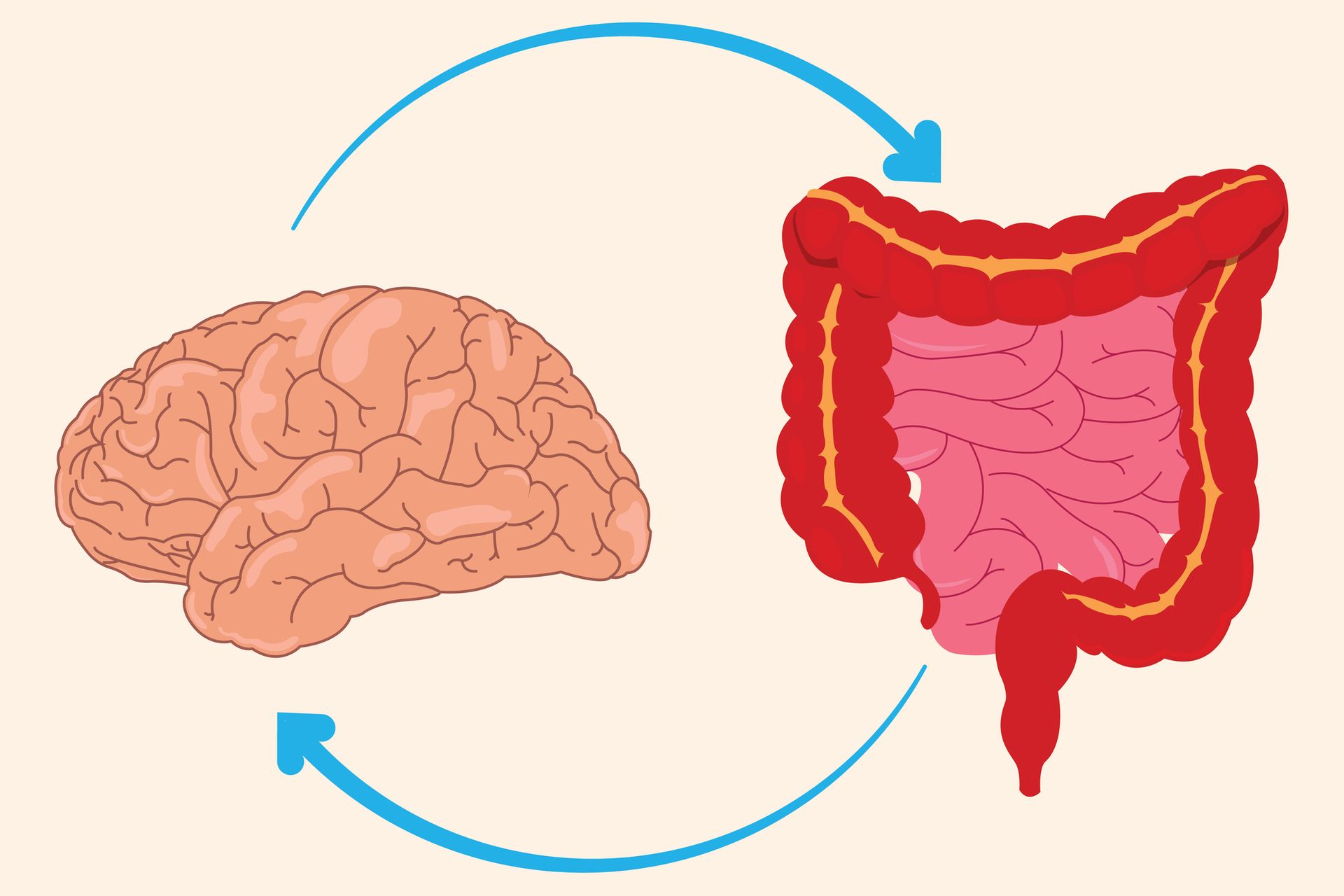The Power of Substance Abuse Counseling: A Path to Recovery
Substance abuse is a complex and widespread issue, affecting millions of individuals and their loved ones across the globe. Whether through alcohol, drugs, or other harmful substances, addiction can feel like an unbreakable cycle, but there is hope. One of the most effective tools in breaking that cycle and supporting recovery is
substance abuse counseling.
In this blog, we’ll explore what substance abuse counseling entails, its importance, and how it can make a profound difference in someone’s journey to sobriety.
What is Substance Abuse Counseling?
Substance abuse counseling is a therapeutic approach designed to help individuals who struggle with addiction. The goal is to guide people toward understanding their behaviors, uncover the underlying emotional or psychological issues contributing to their addiction, and develop healthier coping mechanisms. Counselors work with clients to set goals, create treatment plans, and provide a supportive environment that fosters recovery.
Counseling may take place in individual or group settings, depending on the specific needs of the person seeking help. It often incorporates various therapeutic techniques, including:
- Cognitive Behavioral Therapy (CBT): Helps individuals identify and change negative thought patterns that contribute to substance abuse.
- Motivational Interviewing (MI): Encourages individuals to explore their reasons for change and helps enhance motivation for recovery.
- Family Therapy: Addresses the impact of substance abuse on relationships and encourages family members to be part of the healing process.
The Importance of Substance Abuse Counseling
Addiction is not just a physical dependence on a substance; it’s often tied to deeper emotional, psychological, or social issues. Substance abuse counseling helps individuals confront these issues, making it one of the most powerful tools in recovery. Here's why it matters:
- Provides a Safe Space for Expression
Counseling offers a non-judgmental environment where individuals can openly discuss their struggles. This safe space is crucial for building trust and understanding the root causes of addiction. Whether it’s trauma, mental health issues, or stress, counseling allows individuals to explore these factors and work through them. - Personalized Treatment
Each person’s journey is unique, and substance abuse counseling tailors treatment plans to fit the individual’s needs. Rather than using a one-size-fits-all approach, counselors assess what works best for each client, adjusting strategies as needed to foster long-term recovery. - Building Coping Skills
A significant part of recovery involves learning new coping strategies to deal with stress, triggers, and temptations. Counselors teach techniques to help individuals avoid relapse, manage emotional distress, and improve overall well-being. - Family Involvement
Addiction often impacts more than just the person suffering from it. Substance abuse counseling frequently includes family members in the process, helping them understand the addiction, rebuild trust, and support their loved one’s recovery. - Focus on Long-Term Sobriety
Substance abuse counseling doesn’t just focus on short-term goals; it’s geared toward helping individuals achieve lasting recovery. The goal is to empower individuals with the tools and skills they need to maintain sobriety over the long term, preventing relapse and ensuring that recovery is sustainable.
How Does Substance Abuse Counseling Help?
Substance abuse counseling plays a critical role in recovery by addressing the mental, emotional, and physical aspects of addiction. Here’s how counseling specifically supports those seeking sobriety:
- Healing from Trauma: Many individuals who struggle with addiction have experienced trauma, whether in childhood or adulthood. Counseling allows clients to address these painful memories and begin the healing process, reducing the urge to self-medicate with substances.
- Understanding Addiction: Addiction can be misunderstood, both by the individual and by those around them. Through counseling, people learn more about the nature of addiction, how it affects the brain, and why it's so difficult to overcome without help.
- Improving Mental Health: Substance abuse often coexists with mental health disorders such as anxiety, depression, or PTSD. Substance abuse counseling can incorporate treatment for these co-occurring conditions, giving individuals a comprehensive path to healing.
- Developing Healthy Relationships: Addiction often leads to strained relationships with family, friends, and colleagues. Counseling helps people work on improving their communication skills, rebuilding trust, and fostering healthy, supportive connections.
Types of Counseling for Substance Abuse
There are various types of counseling options available, including:
- Individual Counseling: This one-on-one counseling focuses on the personal experiences of the individual, offering a more intimate and tailored approach to their specific needs.
- Group Counseling: Group therapy involves a group of individuals who are all working through substance abuse. It provides a sense of community and mutual support, as participants can share experiences and strategies.
- Couples or Family Counseling: Substance abuse affects families, and counseling can help partners or family members understand the addiction, heal together, and build stronger, more supportive relationships.
- Online Counseling: For those who may not have access to in-person services or prefer remote options, online counseling can provide the flexibility and privacy needed to start recovery from the comfort of one’s own home.
The Road to Recovery
While the road to recovery from substance abuse can be challenging, it’s important to remember that no one has to walk it alone. Substance abuse counseling is a cornerstone of recovery, providing not only the tools but also the support and compassion needed to rebuild a life free from addiction.
If you or someone you know is struggling with substance abuse, reaching out to a counselor is a powerful first step. There’s no shame in seeking help—only strength in taking that step toward healing and lasting recovery.
















